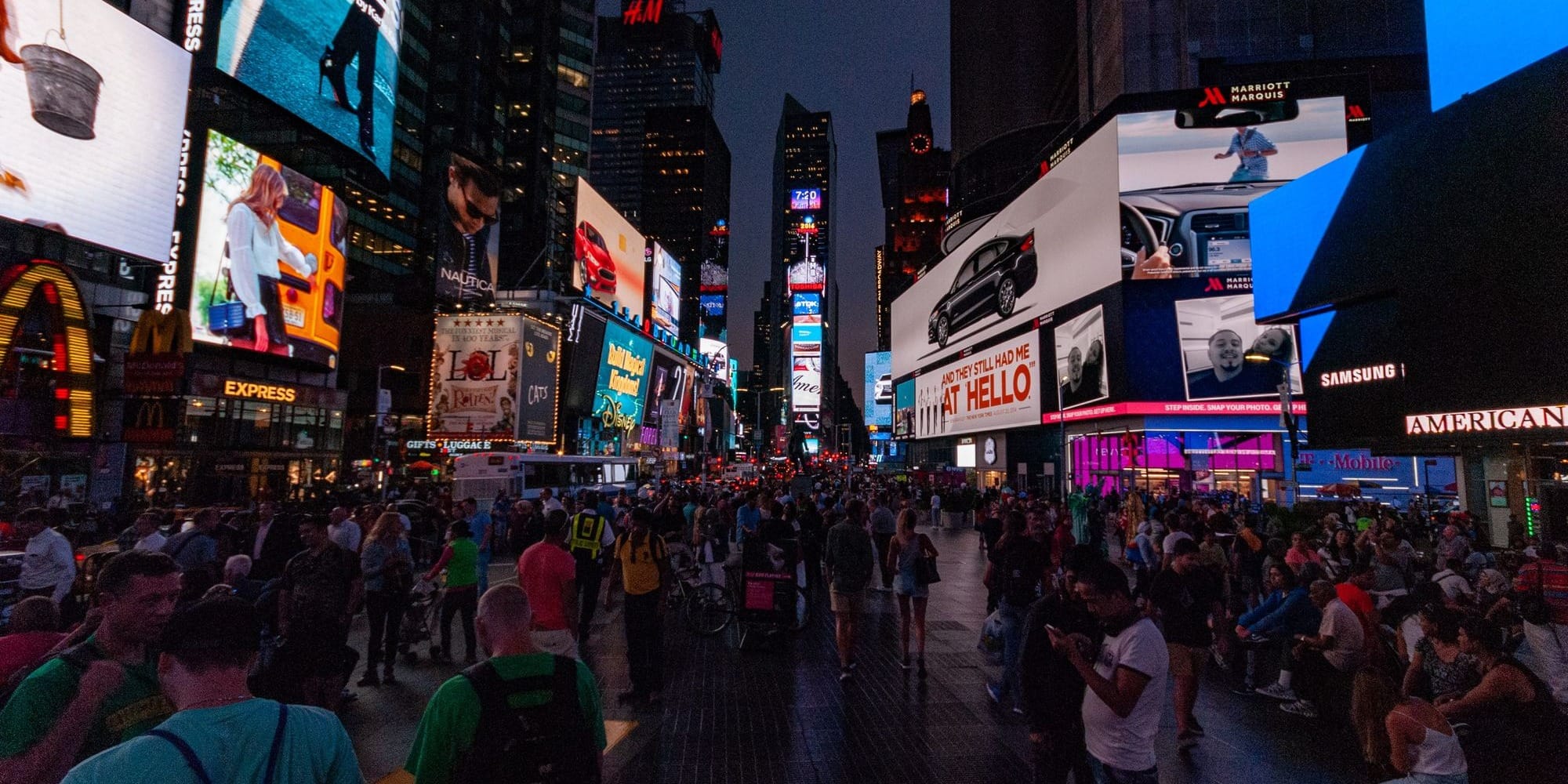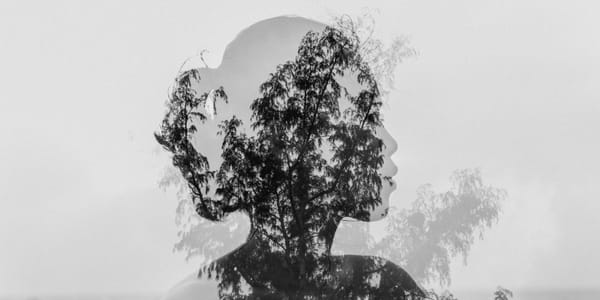Many people like to consider themselves as some godly, alpha species outside this world. And although we indeed have immense potential deep inside, before everything — biologically, we are animals.
And we still have many primal instincts that manifest even in our modern 21st century. There is a clear correlation between these instincts and anxiety. We used to live in a dangerous environment, so our organism constantly finds stressors to keep us alert.
That’s why people who seek spiritual attainment undergo practices, like fasting or various meditation processes, to detach themselves from the body and its natural condition — animal nature.
Anyway, if we are fortunate enough to live in developed or developing countries, our lives are easier than ever. The animal nature we still have in ourselves is like our home cat compared to a wild lion. And our modern social life is a mere imitation of the challenges we faced before.
Human Nature Is Cooperation
Even before our era, many great thinkers tried to define what man is and what makes us so special. One of the most famous ones is Aristotle and his definition from a work of political philosophy:
“Man is by nature a social animal; an individual who is unsocial naturally and not accidentally is either beneath our notice or more than human. Society is something that precedes the individual.”
And in his other work Nicomachean Ethics, he adds a rational element to it, stating that the human being has a rational component. In this way, Aristotle defines human beings as rational social animals.
Biologically humans are animals, and we are, at least we can be, rational, yet our nature is above beast or animal. But Aristotle saw our greatest gift — the ability to organize, which makes us so unique.
As Abraham Maslow described in his work from 1943, “A Theory of Human Motivation,” human beings have a hierarchy of needs. Some of the needs, like basic needs — physiological and safety, are necessary to survive. And others, like esteem or self-actualization needs, are optional.
And what we discovered as humans is that the easiest way to fulfill our basic needs is through social cooperation. That’s how we get to the world where we don’t need to hunt food or fight for the ground and shelter. But we built systems to organize these processes. No other creature did this.
Competition is the law of the jungle, but cooperation is the law of civilization. — Peter Kropotkin
This Is an Unusual Situation for Our Organism
If we are fortunate enough to live in a developed or developing country, we most likely don’t have to worry about basic needs — we take them for granted. And although we fail to fulfill psychological needs, e.g., many of us are lonely, it’s a tiny problem compared to lack of food or shelter.
This is a real shock to our organism and its nervous system, as humans used to live in a dangerous environment. And so we have an epidemic of anxiety and depression in society — nothing bad happens, we live comfortably, but our bodies release various stressors to keep us alert.
Yet, this little anxiety is better than a lack of basic needs, so we keep on cooperating. Also, we developed our knowledge of psychology and discovered various drugs to prevent these mental illnesses to some degree.
Also, as psychologists suggest, we also replaced wars with sports and modern competitive games. Both sports and games provide a sense of belonging and unity, e.g., attachment to a team or player, which becomes part of our identity and creates bonds with other supporters.
And there is also lots of drama, e.g., extra time in the match, last chance, and heroism, which creates powerful emotions and bonds among supporters. And all of this creates a less harmful substitute for wars.
My point is that our cooperation makes us comfortable. However, we constantly need to fight the primal instincts that manifest themselves even in our modern and comfortable 21st century.
Don’t Compete but Find and Establish Your Role
We no longer compete but cooperate, as it’s the easiest way to fulfill our basic needs. And so we don’t live in an urban jungle as our goal is ultimately the same despite some differences of opinion.
Of course, our system needs to keep us interested, so we have all these complications, like the economy. We invented money as a measure of productivity, and we compete with each other by status and all this. But it’s not the real competition, like war, but a substitute like sport.
In this way, we don’t really fight against other people or society, but we are part of society. And society isn’t a jungle full of gorillas and lions with sharp claws but a pretty nice and comfortable substitute scene.
And society wants us to establish some social role and participate in building that prosperity, respecting the rules. It’s not a deadly jungle but a well-organized and quite comfortable system.
The Takeaway
We aren’t in the jungle or any other danger anymore, and we don’t compete but cooperate. Everything we do, as serious as it may look, is a mere substitute to keep us interested and involved in life.
And whatever we do in the 21st century, excluding people in war, famine, or other extreme poverty, is more of a Shakespearean tragedy that we love to perform to add some spice to life. But we don’t like to admit it.
Life is no longer a scary place, like a jungle, but rather a cozy playground — it isn’t perfect by any means, but it’s also not as dangerous as it was.
It seems that our rational muscles finally got stronger. Or it’s just temporary, and our greed will take us back to warfare. It’s not looking good lately. But with all the hope I still somehow have in humanity, I believe we will find a way to keep building our prosperity.







